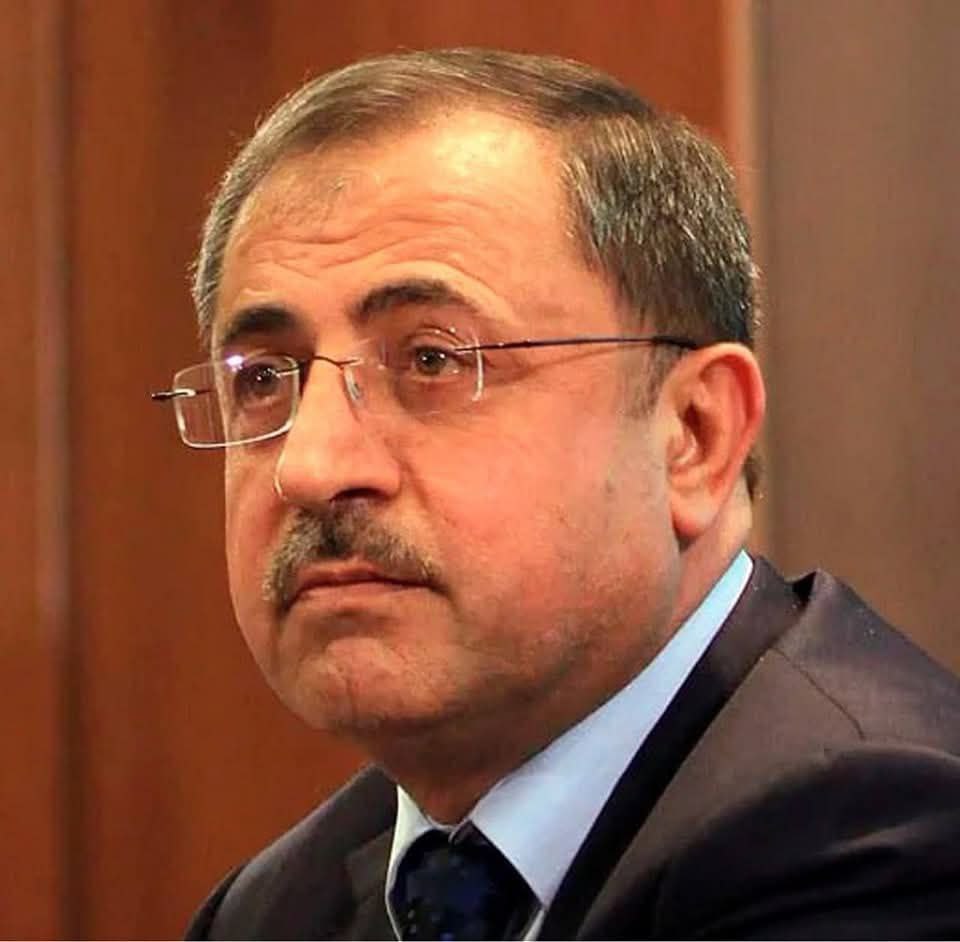
Former Assad regime Interior Minister Muhammad al-Shaar has surrendered to authorities and is now under investigation for war crimes and crimes against humanity, Syria’s Ministry of Interior confirmed earlier this week. Al-Shaar, who served as a senior security official under the Assad regime, turned himself in after being pursued by security forces and having his known hideouts raided.
The ministry said al-Shaar “surrendered himself to the General Security Administration (GSA) after pursuits by the Security Department and raids on sites where he had hidden during the past few days.” Video footage on social media showed al-Shaar inside a vehicle, accompanied by security personnel, as he was transported to authorities in Damascus.
A Legacy of Repression & Violence
Al-Shaar, 73, is widely regarded as one of the most notorious security figures of the former regime. He held multiple high-ranking positions, including Minister of Interior from 2011 to 2018, Commander of the Military Police, and head of the 227th Branch of Military Intelligence in Damascus. He also led Military Security branches in Aleppo and Tartous and played a key role in Hafez al-Assad’s security operations in Lebanon.
Human rights organizations have linked al-Shaar to numerous atrocities, including the 1986 Bab al-Tabbaneh massacre in Tripoli, Lebanon, which resulted in the deaths of approximately 700 civilians. During the Syrian revolution, he was a central figure in the brutal crackdown on protests and oversaw the suppression of liberated areas. Western governments sanctioned him in 2011 for his role in orchestrating human rights abuses, including mass arrests, torture, and extrajudicial killings.
A Key Enforcer of the Assad Regime
As Interior Minister, al-Shaar was instrumental in enforcing the Assad regime’s security policies following the 2011 uprising. He was a core member of the regime’s “crisis cell,” a committee formed to crush anti-government demonstrations. He survived a bombing attack in July 2012 that killed several top security officials, including Defense Minister Daoud Rajha and Assad’s brother-in-law, Assef Shawkat.
Al-Shaar has denied allegations of overseeing secret detention centers and extrajudicial executions. In a televised statement after his surrender, he claimed the Ministry of Interior “was only responsible for official prisons” and that “it has no hidden prisons.”
Syrian Authorities Move to Hold Former Officials Accountable
Al-Shaar’s surrender comes as the new administration intensifies efforts to bring former regime officials to justice. Authorities have launched widespread security operations to track down figures accused of crimes against the Syrian people.
Early this week, the GSA in Tartous announced the arrest of Musa Ahmad Khalifa, a regime-affiliated criminal known as “the Bat,” who is accused of committing numerous atrocities during the war. Syrian security forces have also been targeting remnants of the former regime in an effort to dismantle illicit networks linked to smuggling, extortion, and paramilitary activity.
The apprehension of al-Shaar is widely seen as a significant step in Syria’s transitional justice efforts. President Ahmad al-Sharaa has vowed to hold accountable those responsible for the regime’s crimes, signaling a break from the past and an attempt to rebuild national institutions under new leadership.
Next Steps in the Investigation
While no formal charges have been announced, Syrian legal authorities are expected to investigate al-Shaar’s role in the suppression of protests, mass incarceration, and violations committed in detention centers. Human rights groups have long called for his prosecution, with many victims and their families demanding justice for those who suffered under his command.
Western sanctions against al-Shaar remain in place, and international legal experts will be closely watching how Syria’s new government handles the case. If convicted, he could face significant penalties, including life imprisonment.








